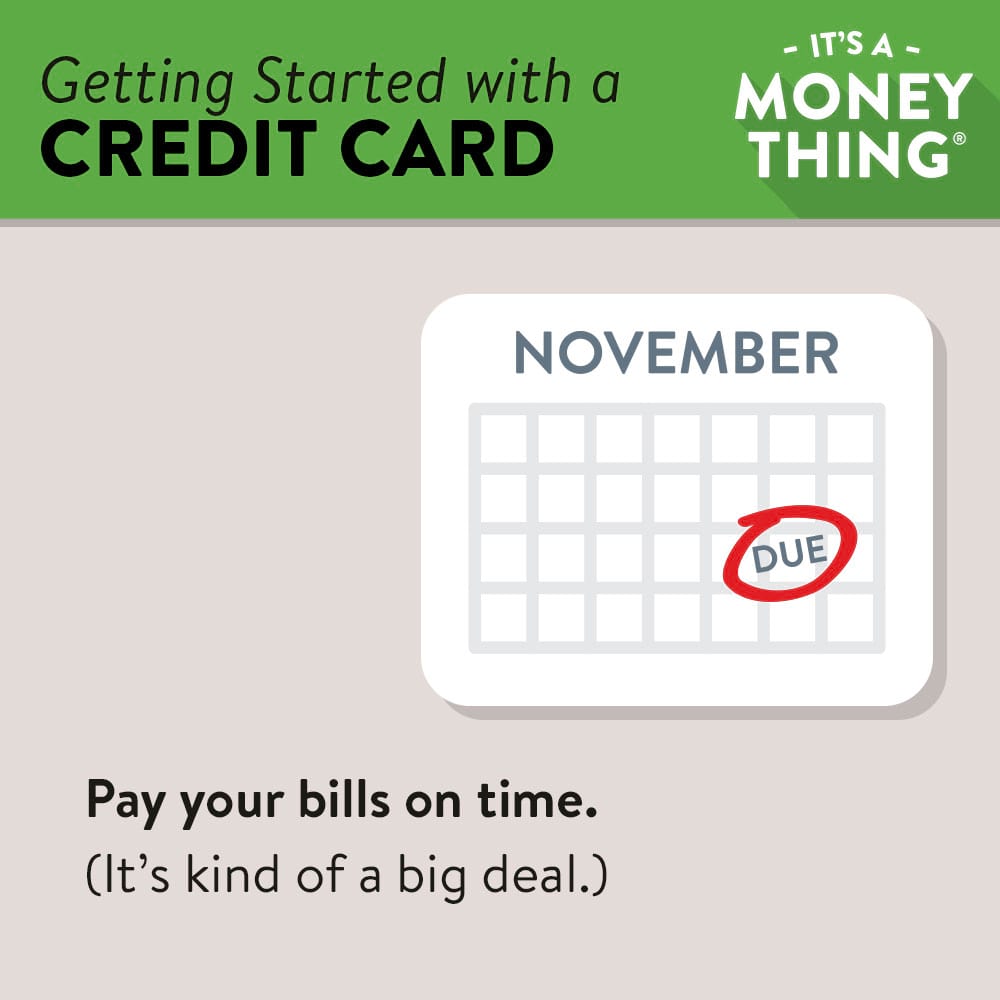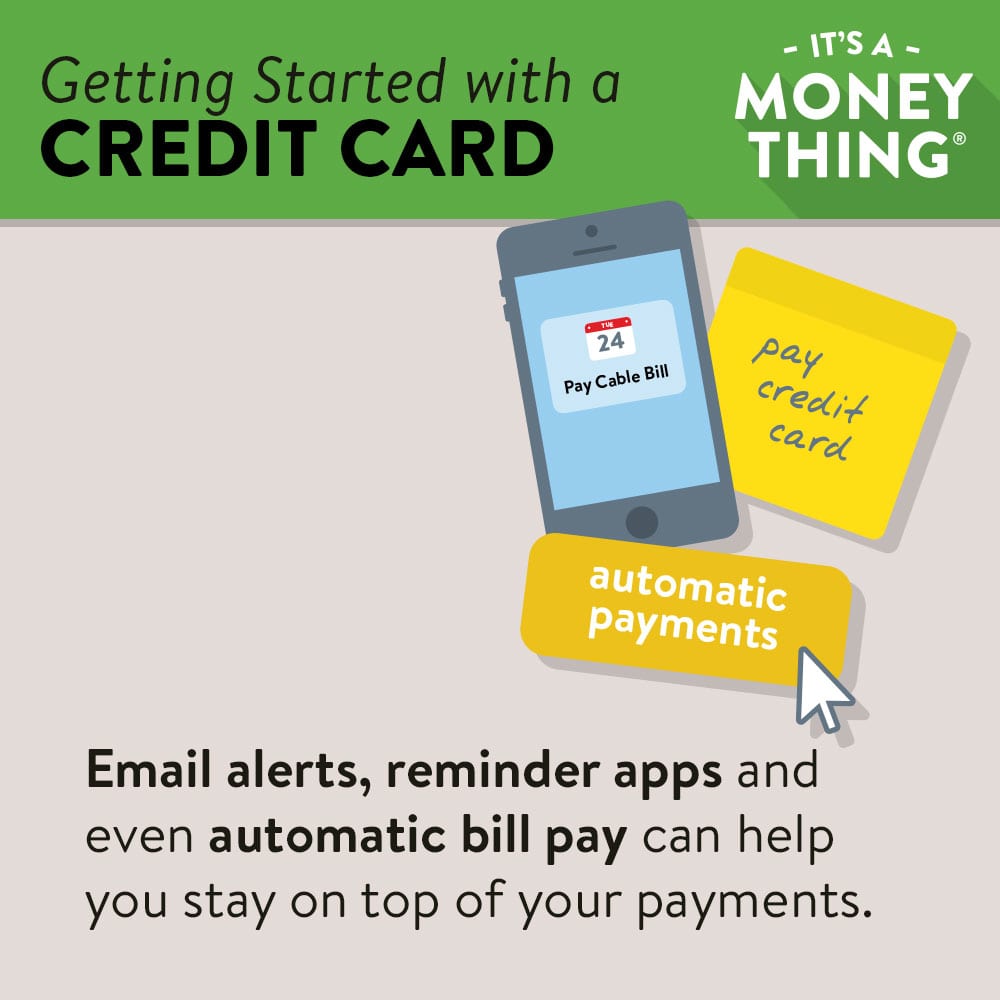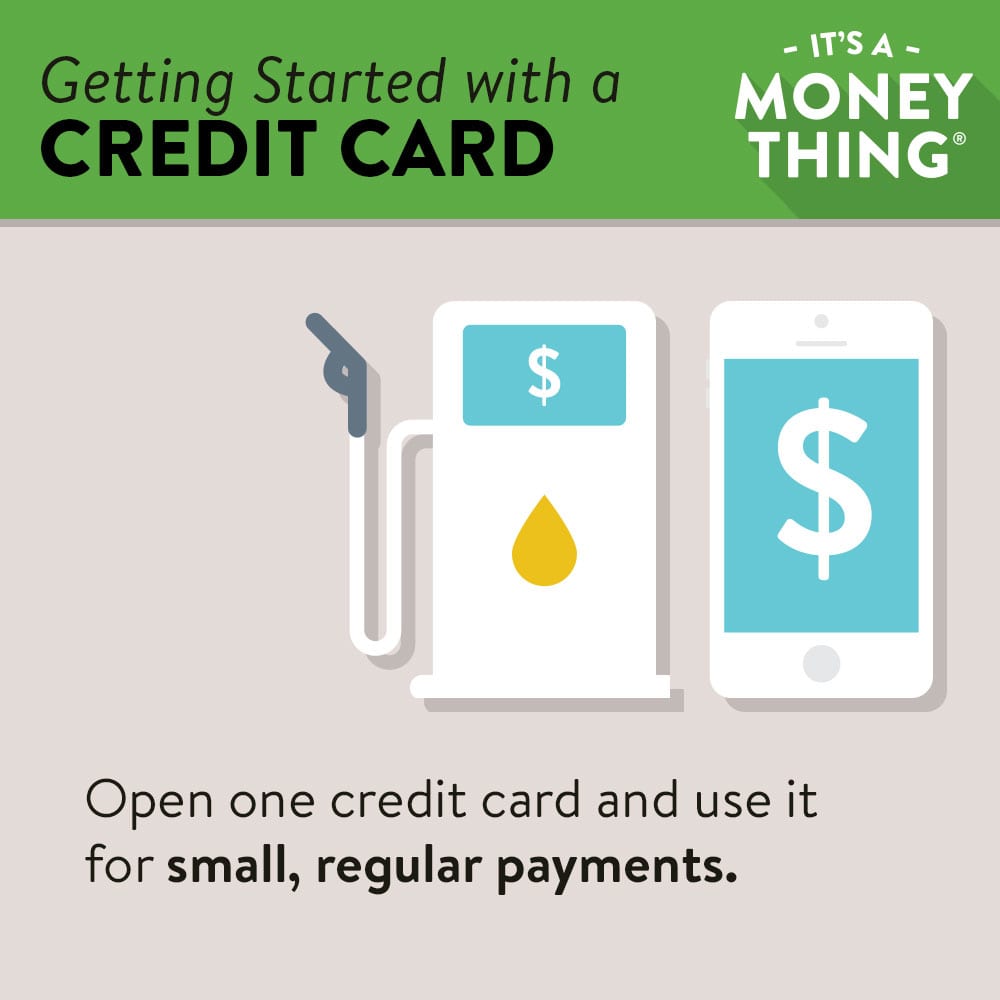Credit scores are an area of personal finance that seem a lot more mysterious than they actually are. Many people believe that improving them is a matter of trial and error and, as a result, there's a lot of "credit score advice" floating around that can end up doing more harm than good. Four common credit score myths have been rounded up and debunked below:
MYTH #1: You have no control over your credit score
There are a lot of factors that make this myth easy to buy into—credit bureaus keep their exact credit score formulas a secret, you can't access your credit report whenever you'd like (not for free, anyway), and it's possible to be financially stable and still have a miserable score. It's OK to find credit scores confusing, but if you have an accompanying "there's nothing I can do about it" mentality, ditch it right now! Your credit score is a reflection of your borrowing and repayment behaviors, and that means you have a lot more control over it than you think.

MYTH #2: There's a "quick fix" for your credit score
Although junk mail and late night commercials try to convince you otherwise, boosting your credit score doesn't happen overnight. The good news is that the things you can do to positively influence your score are simple and don't require a lot of time (or even that much effort!)—but the trade-off is that you'll have to be patient while waiting for your new good credit habits to take effect. Your credit score is more of a track record than a snapshot, so consistency is key.

MYTH #3: Checking my credit report will negatively affect my score
This myth comes from confusing two different types of credit score inquiries: hard inquiries and soft inquiries. Hard inquiries are made by lenders or credit card companies when you apply for a new line of credit (a loan, a new credit card or a mortgage, for example). Soft inquiries are made by you or by others for background check purposes (a potential employer or landlord, for example). Because hard inquiries suggest you might be taking on more credit soon, they usually lower your score by a few points. Soft inquiries, on the other hand, do not affect your credit score in any way. This means you have nothing to lose by accessing your own score—in fact, doing so will help you understand what your current credit activity looks like and how you can improve it.
Note: there are some situations (like renting a car or a landlord running a credit check) where either a hard inquiry or a soft inquiry can be made. In these cases, it's a good idea to find out beforehand what kind of inquiry will be made so that you know what to expect.
MYTH #4: Opening or closing a bunch of credit cards will improve my score
Even though these actions are the complete opposite of each other, this myth is still widespread—and very misleading. This is because opening and closing credit cards affects several different aspects of your credit score.
Opening new credit cards gives you more available credit, which in turn lowers your credit utilization ratio. This is a fancy term for the amount of available credit you actually use each month. (For example, if you have one credit card with a $1,000 limit and charge $200 to your credit card that month, your credit utilization ratio is 20%). Lowering your credit utilization ratio is a good thing, so opening new credit cards to boost your score might seem like a solid strategy. But remember those pesky hard inquiries? Opening a bunch of new credit cards means a sudden increase in the number of hard inquiries. Each hard inquiry docks a few points from your score, and if many are made within a short amount of time, it makes you look risky, which can further influence your credit score in a negative way.

So then closing a bunch of accounts must be the way to go, right? Not quite. Depending on the accounts you close, you could unintentionally be raising your credit utilization ratio and shortening the overall length of your credit history. Both of these consequences lower your credit score.
The best approach is to space out any credit account openings or closings. Try to time them in a way that any short-term negative impact on your credit score won't interfere with an important upcoming car loan or mortgage. Do your research, only apply for credit products you need, and understand what a specific credit card is contributing to your score before making the decision to close it (that first college credit card may have a low limit and no rewards, but if it's adding a few years on to your credit history, it's best to keep it in rotation).
We're Here to Lend A Helping Hand
If you have questions or would like to know how you can improve your credit score, please give us a call at (850) 434-2211 and select option 2 to speak with a credit union representative in our Loan Department. You can also visit any of our branch locations during normal business hours.
« Return to "Financial Education Center" Go to main navigation

